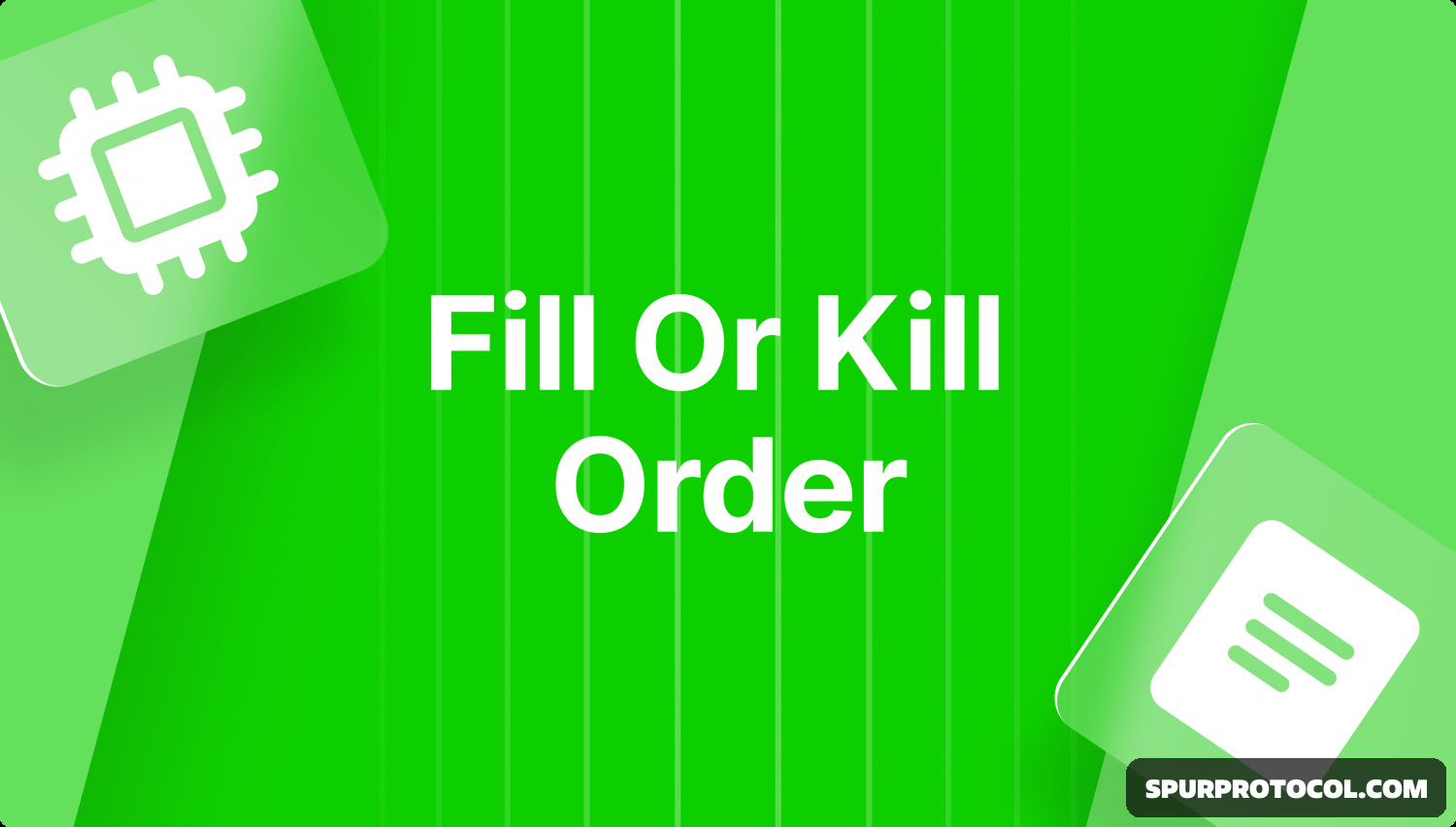What Is A Fill Or Kill Order?
A buy or sell order which must be executed immediately in its entirety or else it will be cancelled
Go Back

🕒 5:24 PM
📅 May 12, 2025
✍️ By Ecojames
What is a Fill or Kill order (FOK)?
A fill or kill (FOK) order is a conditional order that requires a transaction to be completed immediately and in its entirety at a specified price. If any of the conditions are not met, the order must be cancelled (killed) immediately. The FOK type of sale is typically used by brokers to purchase large amounts of stock at a set price and at a specific time.
Fill or Kill Example
Assume an investor wants to purchase 2 million shares of Stock JW at $16 per share. If the investor wants to buy 2 million shares fairly immediately, and no fewer, at $16 (or better), an FOK order should be placed. Assume the order is placed. If a broker has more than a million shares in its inventory and would only like to sell 1400,000 shares at the $16 price, the order would be killed. If the broker is willing to sell 2 million shares but only a price of $16.01, the order would be killed.
On the other hand, if the broker is willing to sell the full 2 million shares at $16, the order would be filled instantly. Also, if the broker is willing to sell the full 2 million shares at a better price, say $15.99, the order would also be filled.
Pros and Cons of Fill or Kill Orders
Fill or kill orders can have both advantages and disadvantages for investors, depending on their trading objectives and market conditions.
Pros:
1. Certainty of execution
FOK orders provide investors with certainty that their entire order will be filled immediately or not at all. This can be important in volatile markets where prices can move quickly, and investors want to avoid the risk of partial fills leading to unfavorable prices.
2. Avoidance of market impact
FOK orders can help investors avoid market impact by minimizing the amount of time their order is exposed to the market, reducing the likelihood that their order will move prices against them.
3. Efficient use of capital
FOK orders can be an efficient way to deploy capital as they allow investors to make large trades without tying up capital in partial fills.
Cons:
1. Limited liquidity
FOK orders require enough liquidity to fill the entire order at once, which may not always be available. This can result in the order being cancelled.
2. Higher execution costs
FOK orders may result in higher execution costs as the order must be filled immediately or not at all, which may limit the ability to negotiate prices.
3. Risk of missed opportunities
FOK orders can be canceled if the order cannot be completely filled immediately. This can result in missed opportunities if the market moves quickly, and the investor is not able to place another order quickly enough.

